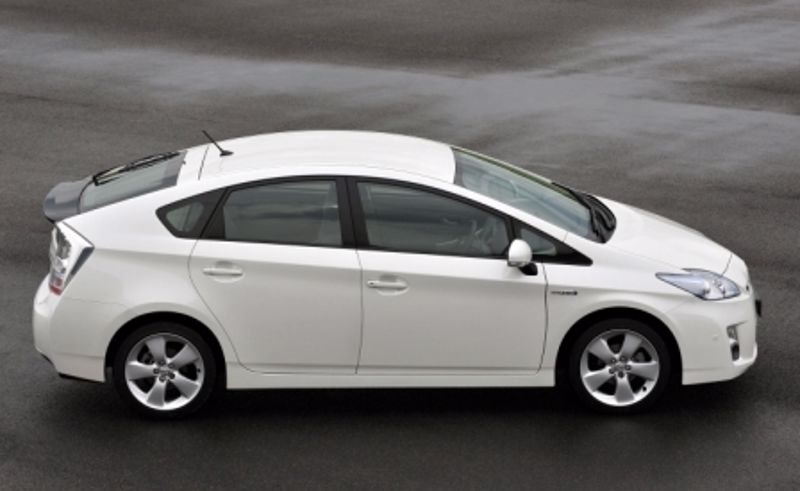

When modern electric vehicles first hit the scene, they were considered a novelty by some and the future by others. They certainly weren't being received the way they are today, especially with the increased interest from the general public in going green.
"Electric vehicle" is an umbrella term for hybrid electric vehicles, plug-in hybrid electric vehicles and battery-electric vehicles, and while they aren't actually a new concept, the industry has made major advancements in recent years.
Despite the global pandemic and economic fallout of 2020, electric vehicles vastly increased in sales and overall popularity, according to McKinsey & Company. Although car sales were down around the world, global sales of electric vehicles were up. The actual number of sales still pale in comparison to the number of gas-powered vehicle sales, but the numbers are climbing nonetheless.
Research by McKinsey attributes the boost in sales to a few things. One of which was President Joe Biden's endorsement of electric vehicles when he set the following goal: that electric vehicles would account for 50% of new-car sales by the year 2030. Although by McKinsey & Company's research, they predict that electric vehicles will exceed that goal before 2030. The goal is rooted in tackling the climate crisis, and hand-in-hand with new emissions standards and fuel efficiency, aims to save money and cut pollution. Tax benefits reaped by electric vehicle owners are another plus that helps to boost sales.

Purchasing an electric vehicle is a particularly effective way that one individual person can help the environment. So for those who are looking to reduce their carbon footprint, it is particularly appealing. (Yes, this even takes into account the electric charging necessary for these kinds of automobiles).
They aren't necessarily accessible for everyone in the general public, however. Electric vehicles are still more expensive to produce because of the cost of batteries and electric motors, along with the costs associated with production. With time, however, the cost will come down. The McKinsey report also predicts that the value of electric cars will depreciate more slowly than the value of gas-powered vehicles. This can be attributed to the long-term battery performance and isn't necessarily the case in today's age, but with time it's likely to become the norm. Plus, the electric cars last longer because they can put on more mileage, so they naturally have longer life spans.
In the meantime, the interest remains there by the general population even though the cost is prohibitive, considering that the sales of electric vehicles grew 150% in the first five months of 2021 compared to 2020, according to AAA. AAA also reported that a recent survey showed that 96% of electric vehicle owners would either buy or lease an electric vehicle again the next time they're looking for a car.
While there are higher upfront costs, the price of owning an electric vehicle is lower than a gas-operated vehicle because of the tax credits. Another barrier is the charging stations. They aren't necessarily available just anywhere, and they do take a lot of electricity to charge, so unless someone is in a single-family home that they own, the chances of having a charging port are low. Outside of the home, the public infrastructure is not centered around electric vehicles and therefore can be limiting.
Despite these challenges or barriers, the sales of electric vehicles continue to climb. People who are able to get past the upfront cost and other barriers of owning an electric or hybrid vehicle are becoming more interested in the trend, and in turn, converting themselves to electric-vehicle drivers.
No matter what the future holds for automobiles, there will always be a need for brakes. Greening Testing Laboratories is a fully certified brake testing lab that provides a variety of brake testing services worldwide. Contact Greening for a complimentary consultation.